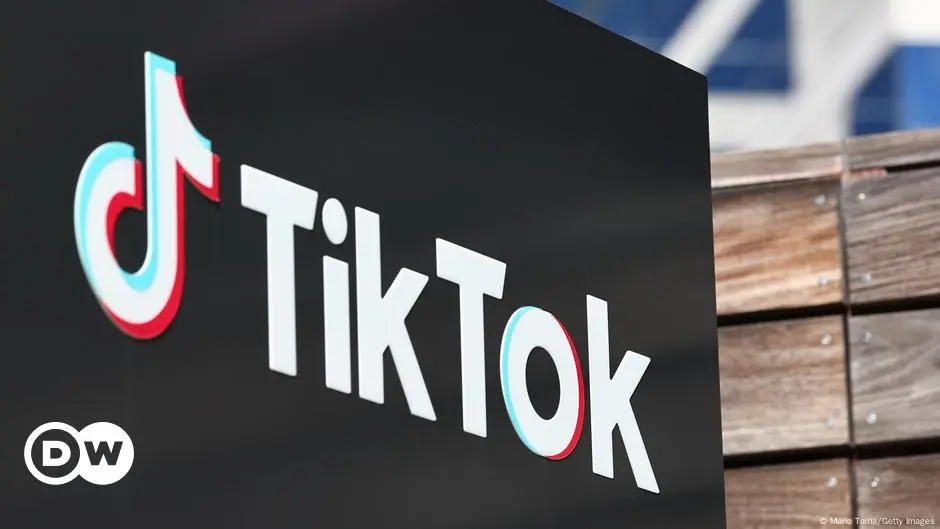Responding to a lawsuit from video-sharing platform TikTok, the US Justice Department argued that China could order the company to manipulate TikTok’s algorithm and expand Beijing’s “malign influence.”
The US Justice Department defended a law that aims to either ban TikTok or force it to divest its assets in the US after the social media company filed a lawsuit against the legislation.
Under the law, the social media platform will have to find a non-Chinese buyer or face a ban in the US by January 19, 2025.
The Chinese-based TikTok is challenging the law before a US appeals court.



Is it really such a stretch to say a Chinese owned company managing the feeds of the most active social platform would use that platform to sow division and hatred in the US?
Isn’t that already happening by American companies? Data is being sold for pennies to the highest and lowest bidders, which are probably not all domestic interests.
“Whatabout US companies”
US companies have seen similar criticism, antitrust suits, and billions in fines.
It is true that US tech companies have horrendous practices when it comes to data privacy and security, and that the US needs better federal regulation similar to GDPR to protect the consumer. This must be corrected.
It’s also true that the location of the parent company of a social media platform does not protect that platform from bad actors and adversarial abuse. See: Facebook in 2016
However, there is a big difference between selling bits of redacted data to ad companies, and providing raw database access to a foreign adversary with malicious intent.
Add to that the fact that kids/teens use tiktok more than any other platform, and their habits are exposed without their knowledge or consent.
The possibilities are endless, but to name a few concerns:
The EU has already fined them for their negligent privacy practices: https://www.cnn.com/2023/09/15/tech/tiktok-fine-europe-children/index.html
It’s not enough. I don’t think a ban is the right solution, but the problem is clear.
We’re already dealing with the aftermath of this with US Corps evidenced by the destruction of unions and workers rights if you replace “privacy” with “education.” Why is privacy important
One of the biggest lies I see is this foreign adversary being a bigger threat than the endless local adversaries (capitalists) that are actually destroying this country. The Chinese didn’t destroy the healthcare industry, nor rail, energy, telecommunications, airline, financial industries. They have not suppressed the regulating of the internet, religion in politics, nor have they aided to the degrading of education, social security, disability support, or our laws against bribing politicians.
Nah, they haven’t, otherwise we’d have laws (regulations) around them that would prevent them from, say, in the tech industry, distributing our data.
We know of techniques to pull out excess data from claimed “anonymized” datasets. Can you prove this data is redacted more effectively than that? Can you prove that they are only selling to ad companies? Can you prove it’s more malicious intent?
The answer is no, because we already avoided regulating this industry due to internal malicious actors.
Hey. Keep your facts and logic out of my emotional baggage.
Your reply doesn’t even make sense in response to the comment. Let me spell it out for you.
The CCP uses TikTok to sow division and hatred in the US.
TikTok is not even available in China, they use another much more controlled platform called Douyin where you can’t say shit about anything.
Facebook, YouTube and other social media platforms are used for exactly the same purpose, all you need to do as an adversary is place an ad buy and you’re plopped right into user feeds.
You’ve got the right idea that adtech is a national security risk and should be treated as such but the solution can’t stop at just “tiktok and the CCP bad” - the solution needs to be a whole lot bigger.
Oh I fully agree, but you have to prioritize your battles, this isn’t fantasy land.